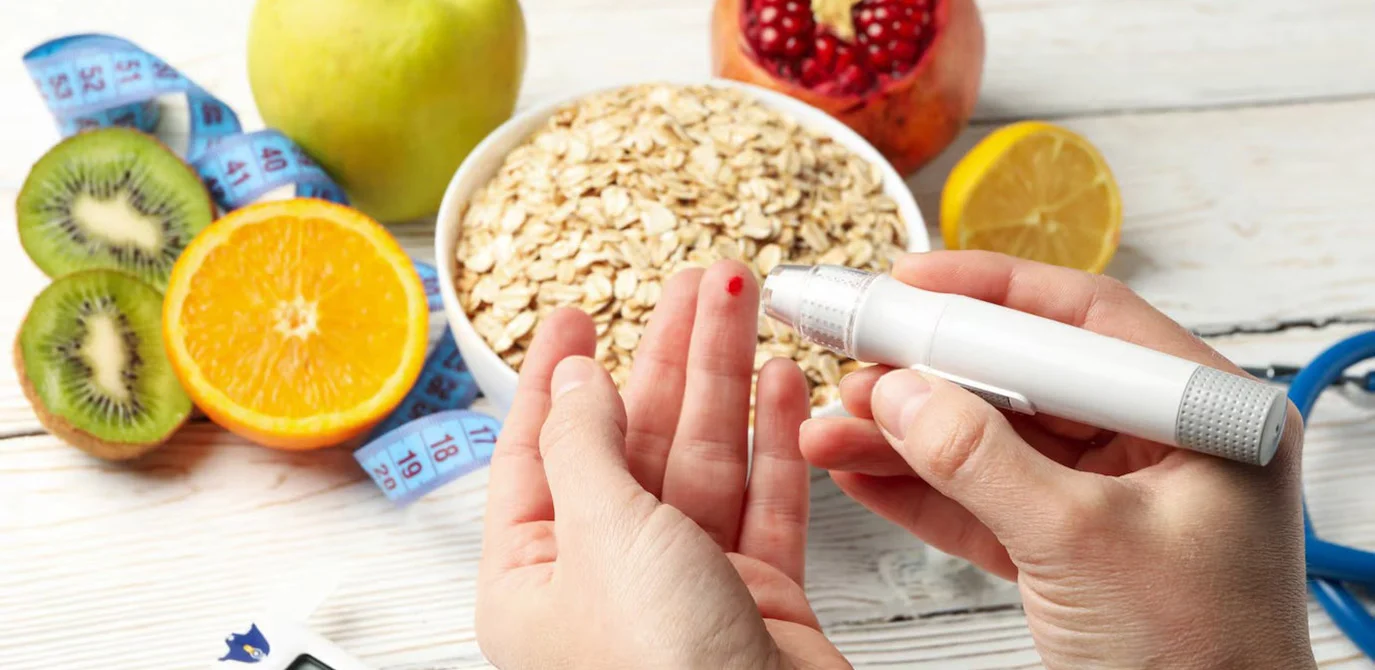Managing Type 2 diabetes effectively requires lifestyle changes, particularly in diet. A low-carb, high-protein (LCHP) diet has shown remarkable blood sugar control and overall health benefits. In this blog, we’ll dive into the details of an LCHP diet, exploring what to eat, what to avoid, and how to craft a personalized meal plan. This guide is based on insights from Dr Gagandeep Singh and Mr Nitin Chandra.
Understanding the LCHP Diet
An LCHP diet limits carbohydrates while emphasizing high-protein foods, which are essential for maintaining muscle mass, stabilizing blood sugar, and reducing hunger. Healthy fats also play a critical role in this diet, contributing to satiety and energy balance. To better understand the diet’s structure, let’s examine the categories of foods.
Food Categories in an LCHP Diet
Foods to Eat (Mainstay of the Diet):
- Non-Vegetarian Food (Full Fat): Includes chicken, eggs, meat, and fish. Full-fat options like egg yolk are rich in natural, healthy fats and fat-soluble vitamins.
Myth Busted: Contrary to popular belief, consuming fat from non-veg foods, including egg yolks, does not harm cholesterol levels. These natural fats are beneficial for stabilizing blood sugar and controlling hunger.
- Green Vegetables (Non-Starchy): Examples include Spinach, broccoli, zucchini, and lettuce. Low in carbohydrates but high in fibre, vitamins, and minerals. Perfect complements to high-protein foods.
- Paneer, Cheese, and Greek Yoghurt: Great protein sources for vegetarians. Opt for natural cheeses like cheddar, parmesan, or gouda over processed variants.
- Soy-Based Products: Examples include Tofu, soya granules, and soy milk (in limited quantities). High in protein with minimal carbs.
- Healthy Fats (Cooking Mediums): Use desi ghee, butter, olive oil (extra virgin), and coconut oil. These fats support healthy cholesterol levels, stabilize blood sugar, and reduce inflammation.
Foods to Avoid:
- Processed Foods: Includes packaged snacks, biscuits, and namkeens. These are highly refined, disrupt gut health, and spike blood sugar levels.
- Added Sugars and Natural Sweeteners: Avoid sugar, honey, jaggery, dates, and raisins. Despite being natural, their chemical composition is similar to sugar and can harm a diabetic body
- Grains: Includes wheat (roti), rice, dosa, idli, and quinoa. All grains are carbohydrate-heavy and can spike blood sugar levels.
- Vegetable/Seed Oils: Examples include Soybean oil, sunflower oil. These refined oils promote inflammation and negatively affect cholesterol levels.
- High-Sugar Fruits and Fruit Juices: Mangoes, bananas, and fruit juices. Modern fruit varieties are bred for sweetness, making them high in sugar. Juices strip away fibre and concentrate sugar.
- Milk: Although rich in calcium, milk can spike insulin levels.
Acceptable Foods (Limited Amounts):
- Pulses and Sprouts: Contain protein but are carb-heavy. Use as a secondary protein source. Low-Sugar Fruits: Berries (strawberries, mulberries, gooseberries).
- Artificial Sweeteners: Includes stevia, aspartame, saccharine, and sucralose. Safe in moderation, but excessive use can trigger insulin responses.
- Soy/Almond Milk: Processed and lower in nutritional value but a better alternative to dairy milk. Use sparingly.
- Keto Flours: Almond and coconut flour are low-carb alternatives to regular flour but lack significant protein.
- Dry Fruits (Except Raisins and Dates): Calorie-dense and suitable only in small quantities for weight-conscious individuals.
Key Insights on Common Myths
- Egg Yolks and Red Meat: The fats in egg yolks and red meat are natural and healthy. They do not harm cholesterol levels.
- Natural Sweeteners: Honey, jaggery, and dates are often considered healthy but have similar effects as sugar. Avoid them.
- Milk and Dairy: While culturally significant, milk increases insulin levels. Alternatives like Greek yogurt and paneer are preferable.
- Fruits: Not all fruits are diabetic-friendly. Opt for low-sugar fruits and avoid juices.
Final Thoughts
The LCHP diet is a powerful tool for managing Type 2 diabetes, but it requires careful planning and customization. Use this guide as a starting point, and consult your doctor to tailor the diet to your specific needs. By focusing on high-quality proteins, healthy fats, and low-carb foods, you can effectively control blood sugar levels and improve overall health.






